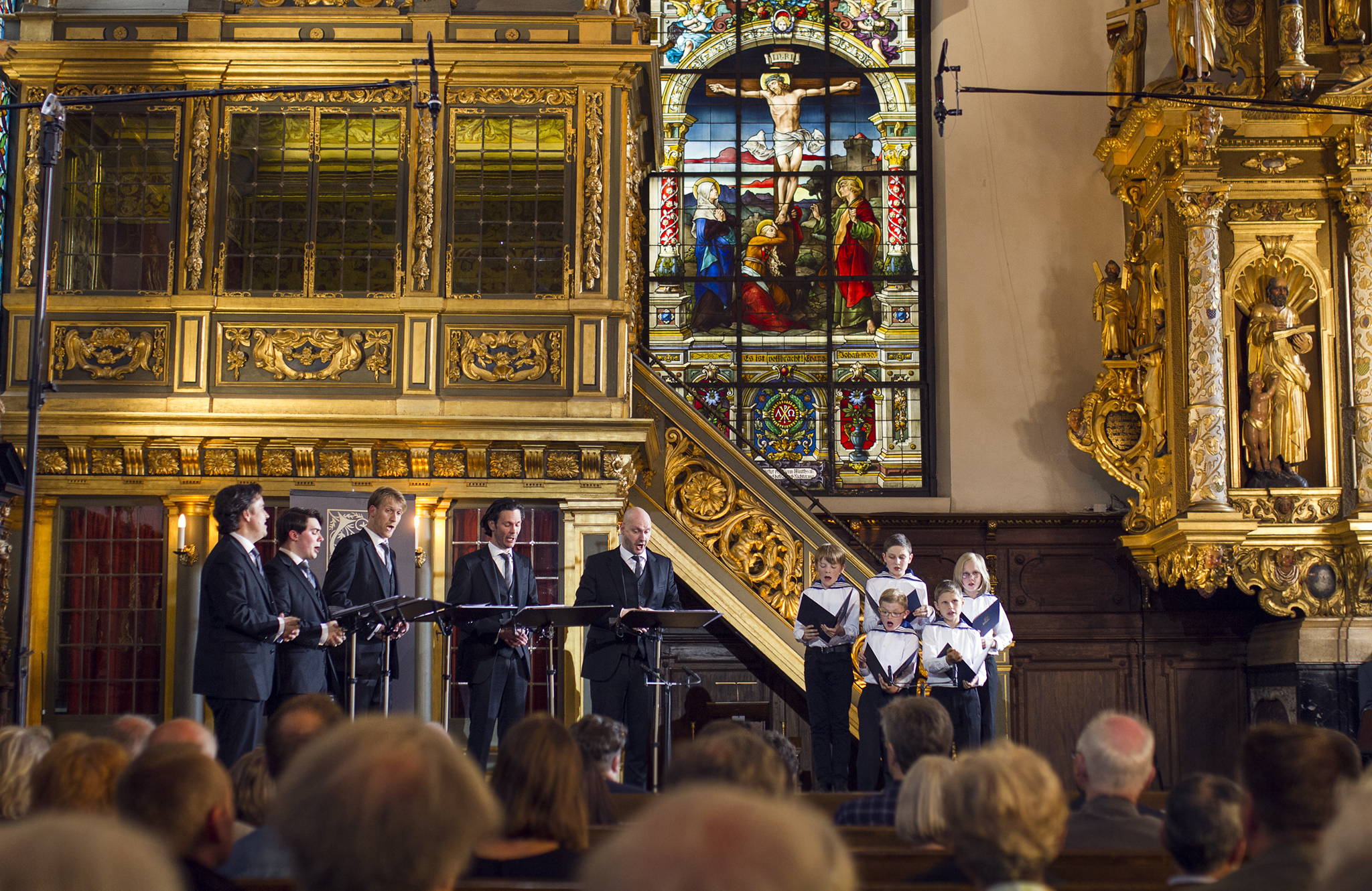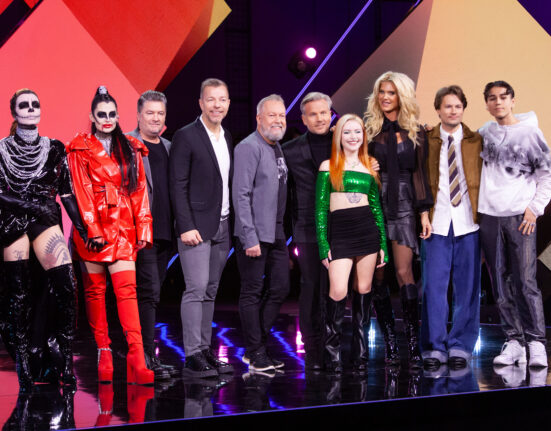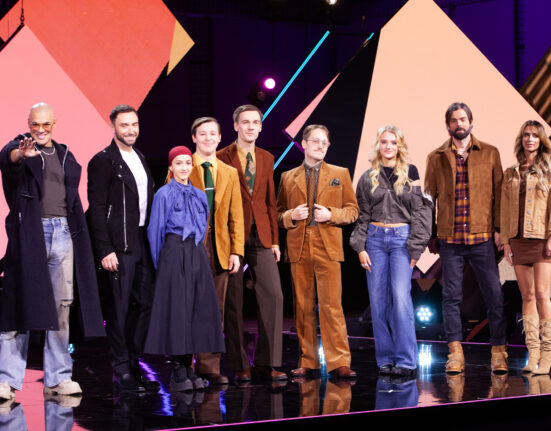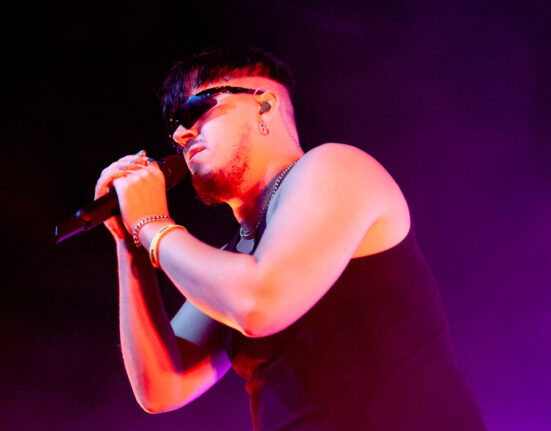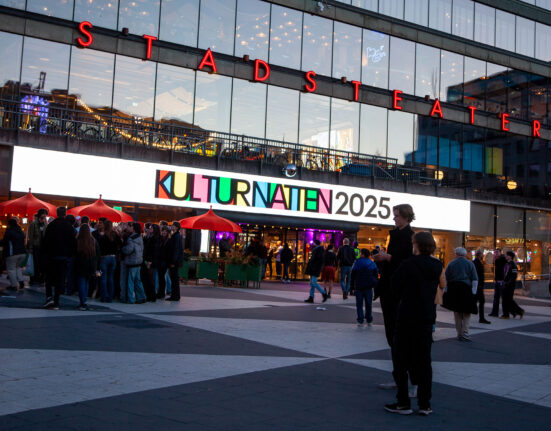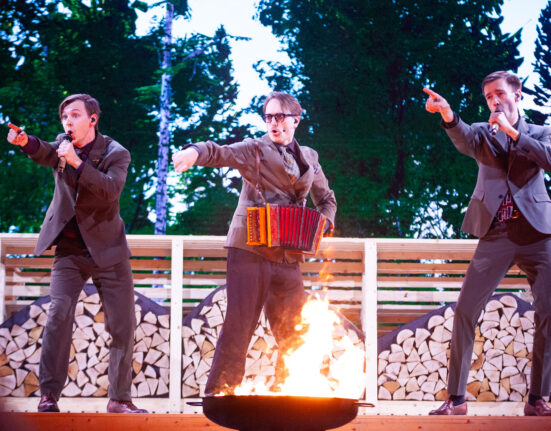With the slogan “It’s never too late for early music”, the Stockholm Early Music Festival which focuses on baroque, renaissance and medieval music, celebrated its 15th anniversary with a sold-out festival. The festival has been enriching our capital for fifteen years with the very best representatives of historical music without ever repeating ensembles.
This year’s Stockholm Early Music Festival kept the early music-lovers on the edge of their seats with thrilling concerts, performances, seminars, wellness training, dance, an instrument exhibition, art film and even events for kids.

On the opening night the audience was greeted by an opening ceremony and a concert by Concentus Musicus Wien, who by the way were just an inch from missing their concert due to a cancelled flight. They only managed to arrive in Stockholm an hour before their concert. Polar Music Prize winner Nikolaus Harnoncourt, the pioneer of modern early music interpretation, founded the orchestra in 1953. Since then they have been playing baroque music from the 17th century on period instruments on numerous European stages and now also for the first time in Stockholm.

Some of the seminars included an insight into the work and life of Nikolaus Harnoncourt by three of the members of Concentus Musicus Wien; Gamelan and Indonesian puppet theatre by Urban Wahlstedt; a walk through the church music development from the pre-Reformation, Catholic period to the Lutheran era with a special focus on the organ as a liturgical instrument by German organist Silvius Von Kessel, who also performed at the festival’s closing concert.

Perhaps one the festival’s best ideas was the event called Ba-Rock-Stå-Upp, a stand-up comedy for children as a way to approach the little ones with early music. The kids and their parents could experience a fast-paced and catchy blend of baroque music, dance and comedy. This event was courtesy of the Mare Balticum ensemble.

The Early Music Festival is aware of the importance of keeping in shape, so for the first time this year they presented the Early Music Wellness Training. Professional dancer Daniela Pontvik Valero led a very interesting training session of dance and leisurely-moves to the sounds of the baroque, renaissance and Middle Ages and it was of course open to all ages.

Some of the other artists taking the stage during the festival were: Dalmatica, 4 female singers and 6 traditional cantors from Croatia explored the richness of Dalmatian liturgical musical traditions since the Middle Ages. Long live the hurdy-gurdy – The virtuoso Middle Ages, by Johannes Geworkin Hellman playing the hurdy-gurdy (also known as the “Medieval Synthesizer”) and Clara Guldberg Ravn on the blockflöjt from Sweden and Denmark respectively. Morgaine took us on an imaginary journey through the life stages of the Elizabethan man, a densely atmospheric soundscape with projections of images of Albrecht Dürer’s “Lily” and poetry by William Shakespeare created by the ensemble from The Netherlands, Italy and the Polish-Lithuanian Commonwealth. Other performing artists were Le Grande Chapelle, Solazzo Ensemble, Marco Beasley & Ensemble, Qiyans Krets, Euskal Barrokensemble, and Thuringia Bach Festival Ensemble who had the honour to close the festival with a concert called Luther goes Bach!



In an interview with Peter Pontvik, the Artistic Director of Stockholm Early Music festival, he said “The festival tries to reach the human being, tries to see the people behind the musician, the artists feel that and that gives a good experience for the public and the artists.” This was exactly what I could experience during every single event I got the opportunity to attend. It felt like the artists were not these untouchable creatures on a stage, but these talented human beings that were delighting the senses and providing unique experiences to the public with sounds from their instruments. The best example I can find of this was the late night concert (which started at 23:00) TillbakaLUTAd with Jonas Nordberg playing the theorbo/lute to an audience laying down comfortably on mattresses listening to relaxed early music from the 17th century by candle light. Since I don’t have the words to explain how great this experience was, I made I short video for you as I lay on my mattress that night, click below.
All in all the festival had a very large audience and has proven to increase with every edition the awareness of the magnificence and influence of the historical music. This is one of the festival’s biggest achievements in the words of Peter Pontvik.
Early Music Festival will be back in 2017 between the 1st and the 6th of June.








